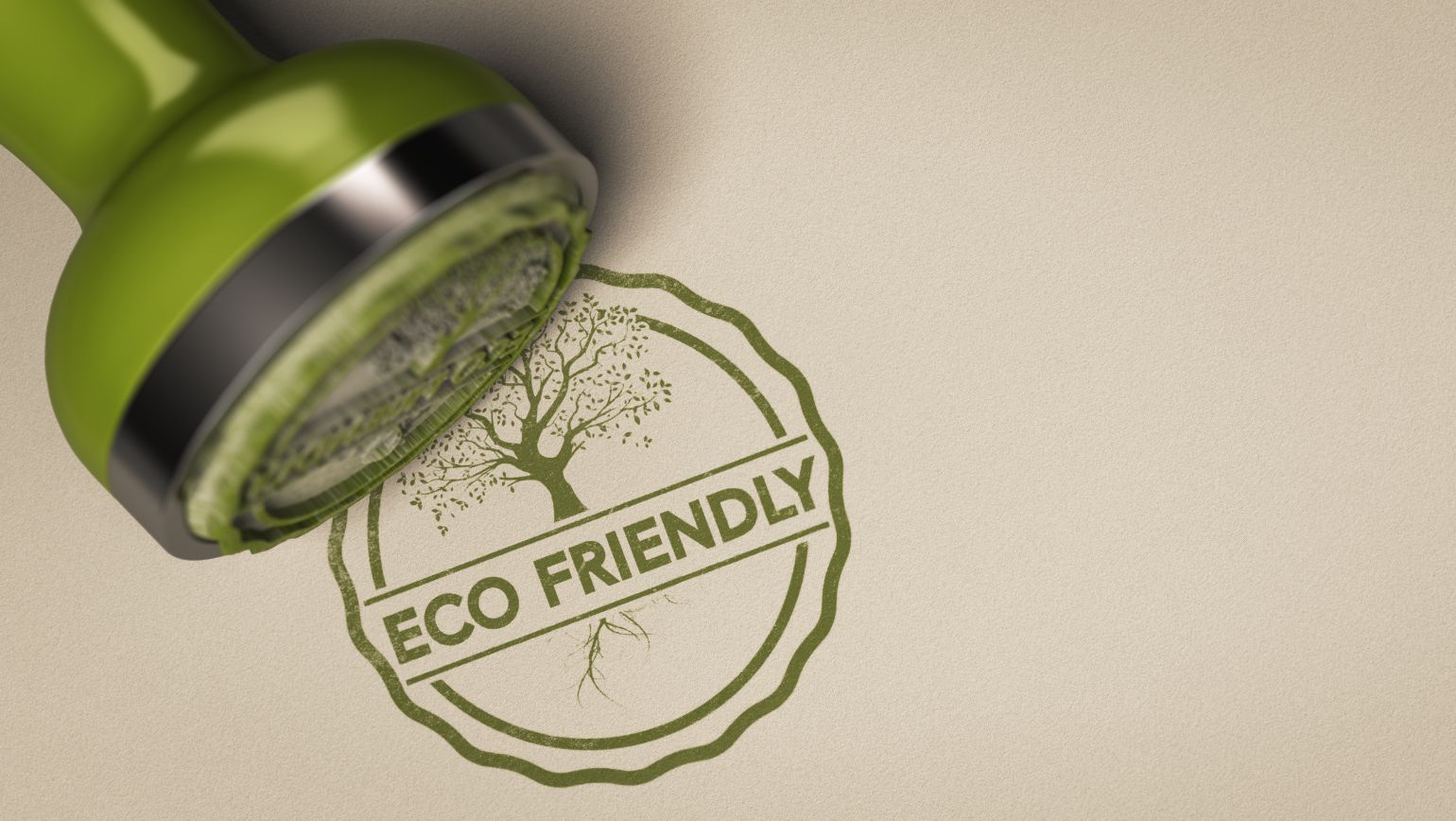Eco-labeling: Environmental friend or foe?

If you’ve been to the grocery store lately, you’ve probably noticed labels on a number of products you didn’t before. Ones that read ‘Fairtrade,’ ‘Climate Neutral,’ ‘USDA Organic,’ or ‘Certified Vegan.’ And you may not know what each and every one of them means, but you can rest assured that you’re purchasing a product from an environmentally conscious company.
Right?
These are eco-labels, certifications granted by impartial third parties to products that meet environmental and social criteria.
Except the third parties aren’t always impartial, and vague criteria can lead to confusion or allow corporations to mislead consumers on how environmentally friendly they really are, said Joshua Hilton. “This kind of deception is called greenwash.”
Greenwashing
A Ph.D. student in economics at the Wayne State University College of Liberal Arts and Sciences, Hilton studies how growing consumer demands for sustainability impact companies’ truthfulness in labeling and ultimately contribute to greenwashing.
“My research examines how social influences and labeling costs affect the incentives to greenwash,” he said. “Think about when you buy something eco-friendly—you might do it partly because it's good for the environment, but also so others see you as environmentally conscious. The benefit you perceive from being part of this eco-conscious group is called a ‘bandwagon effect,’ and it increases with the group size.”
He developed a model of eco-labeling that incorporates the social value of green consumption and leverages the idea that when more people use a product, its value increases.
What he found is that strong bandwagon effects can enable greenwashing by incentivizing the dishonest use of eco-labels by corporations.
“In my particular model, with a monopolist firm that can fraudulently obtain an eco-label at some cost, sufficiently high bandwagon effects lead to greenwash as the only rational outcome.”
That high consumer trust in sustainability claims also makes it easier for brown firms who are reliant on polluting activities and energy-intensive production methods to profitably mimic green ones, he said.
But it’s not all bad.
“Surprisingly, greenwash can sometimes lead to higher total welfare than truthful labeling if the social benefits outweigh the costs of deception.”
Still, Hilton advised that it’s not necessarily an even trade; total welfare in this case doesn’t distinguish between consumers and producers.
“The results suggest that eco-labeling’s effectiveness hinges on balancing accessibility and credibility. In markets where green consumption is socially visible (e.g., apparel, cars), stricter certification (higher labeling costs for brown firms) may be necessary,” Hilton said. “Conversely, labels for less conspicuous goods (e.g., cleaning products) may require less stringent standards; imposing high labeling costs for these goods could disproportionately burden true green firms without significantly improving market outcomes. High consumer trust also increases the need for mechanisms to punish greenwashing, such as independent auditing or fines.
“In order to make eco-labels more useful, we should take a more nuanced approach to regulation by looking at the particular aspects of each market, including the social dynamics.”
Hilton will present his research at the 2025 Graduate Research Symposium on Feb. 26 at the Student Center.